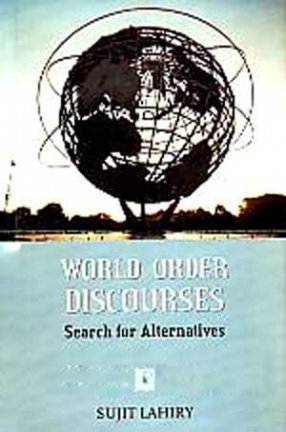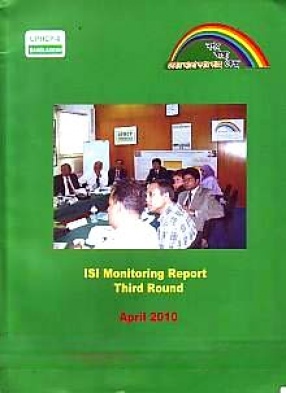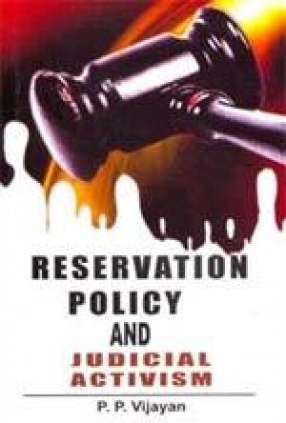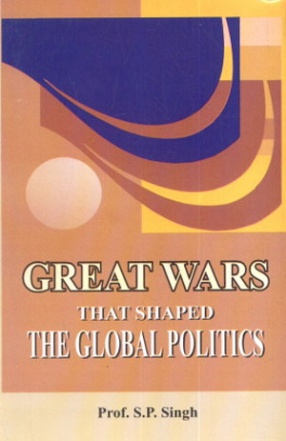World Order Discourses: Search for Alternatives is an endeavour to comprehend the normative understanding of world order. What is world order studies? What is its philosophical basis? What is its historical background? What are the normative bases of world order and how can we restructure them in the contemporary world? These are some of the baffling questions which I have tried to answer in this book.
Scholarly interest in world order studies received a major boost in the late 1960s and early 1970s, when a group of eminent social theorists came together under the rubric of a major transnational research enterprise, World Order Models Project (WOMP). The WOMP theorists tried to lay down the bases of a normative world order based on four world order values, viz., peace, economic well-being, social and political justice, and ecological balance. WOMP was sponsored by what was earlier known as World Law Fund and was later re-designated as the Institute for World Order. This book discusses world order through the works of five seminal and prominent WOMP theorists—Richard Falk, Saul H. Mendlovitz, Samuel S. Kim, Rajni Kothari and Ali Mazrui. This book is also a critique of the WOMP studies and its projection of an alternative and Preferred World Order to be achieved by the 1990s. Additionally, I have tried to restructure WOMP in the contemporary world, especially given the fact that the contemporary notions and typology of world order are essentially positivistic in nature. The premises of such positivistic notions of world order have been critically examined. This book has thus taken the position that the contemporary world order can be made more humane and benevolent, if we adhere to the basic postulates of the WOMP theorists.





There are no reviews yet.